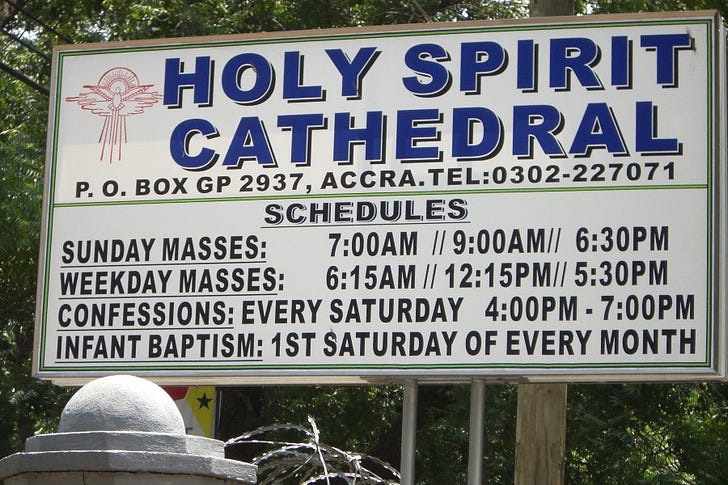Ghana’s bishops sound alarm as Church shrinks
The proportion of Catholics has fallen from 15.1% in 2000 to 10.1% in 2021.
The Catholic Church in Ghana needs to engage in “aggressive catechesis” after census figures showed it is shrinking rapidly, the president of the country’s bishops’ conference said Monday.

In a Nov. 13 address at the bishops’ plenary assembly in Sunyani, west-central Ghana, Bishop Matthew K. Gyamfi noted that the proportion of Ghanaians identifying as Ca…
